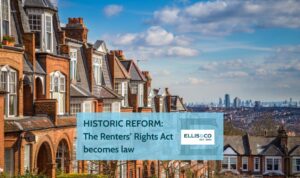
Home » Guides
Guides
Welcome to our news section, the hub for property news, articles and helpful guides. Choose from the categories below that best suit you needs – Buyers, Tenants, Sellers or Landlords or perhaps you want to browse our general Property News or Home Lifestyle articles, covering everything from home improvements to tips on upping the value of your home.


Winter-Ready Rentals: A Landlord’s Guide to Safer Homes in 2025
October 22, 2025

Selling your house to pay for care: know your options
October 13, 2025

How to sell a flat with cladding
October 13, 2025

Understanding rental yield: a guide for landlords
October 5, 2025

Guide price: What does it mean and how it affects your sale
September 30, 2025

Gifting money to family members: your essential guide
September 20, 2025

The costs of selling your home in the UK
September 11, 2025

How much does an end of tenancy clean cost?
September 9, 2025

The artisan advantage: How boutique rentals are leading the way
September 4, 2025

Understanding property management: A guide for landlords
August 27, 2025

What is a completion statement when buying a house?
August 17, 2025